Community action to end open defecation empowers women towards better health in Kalyani Municipality – A case story
A resident of Harijan Para, Gita Basfore was one of the women who led the campaign to stop the practice of open defecation in her neighbourhood. She claims that collective community action to build toilets was one of the best changes to have taken place in her community. The benefits were especially large for the women, especially in terms of their health, safety and dignity, she says. Speaking of how women suffered from the lack of access to safe sanitation, Gita recalls how she would join other women from her para to go to the fields, far away from home, to defecate every day. “We would walk about twenty to thirty minutes to get to the fields every morning. Though this used to take a lot of our time and it also felt unsafe, we had no other choice. We would go early in the mornings at dawn, because we did not want to be seen, especially by men. Even then, there would be strange men peeping and trying to catch a glimpse of us. There used to be many goons and drunkards in those areas back then, and we would always be on our guard, thus always hurrying up and not being able to defecate in peace. Each time we would see someone we would get up, and sit again when they passed by. The experience was not only frightening, but also very humiliating.”
What Gita describes above used to be daily life for women in Harijan Para, before 2006, when open defecation was rampant in this slum in Kalyani Municipality, an urban township in West Bengal’s Nadia district in India. Adds Gita, “For the men, practicing open defecation was not as shameful as it was for us women. They would even talk about it openly. The worst thing was when I could not even talk about how I felt to my own husband because this was not something that was to be spoken about. So we women just suffered it in silence.” Gita’s experience resonates with those of other women from the 52 slums in Kalyani at the time. In a recent study conducted by CLTS Foundation, it was found that women’s lack of access to clean and safe toilets in Kalyani, made them vulnerable to health consequences that were specific to women due to gender related norms and practices, such as diarrhoea and other infections arising from delayed urination and defecation practices, unhealthy menstrual hygiene management, and severe psychological stress from risks of gender related violence, shame and fear, all of which took a huge toll on their overall well-being.
Describing the various coping strategies that she resorted to in those days, Gita states, “I would eat very little at night, and at times even skip meals, because I did not want to have to ask my husband to take me to the fields at night. This was a practice I developed in my early days of marriage, when I used to be so embarrassed about having to go out to urinate or defecate. I was afraid that my in-laws would get to know and I wondered what they would think of me. Many women like me cope like this. Even if we want to go, we try and hold it in till the next morning. This leads to many problems such as stomach aches, acidity and constipation. During our menstruation, the experience is far more uncomfortable and painful.”
Gita states that participatory exercises involving community mapping was conducted in the community (as part of the Community led Total Sanitation (CLTS) triggering initiated in Harijan Para in the year 2006) which changed women’s lives for the better. “Building our own toilets was one of the best decisions we took for our health. We women saw this as the best chance to solve the problems we were facing. During the exercises, women were actively involved and we learnt that open defecation was the source of the recurrent diarrhoea that we and our children were experiencing, along with other health problems. It was not only about the shame and safety factor anymore. We could not wait even a day longer to protect our health, which for a working class like us, is a very valuable asset. We realized that the starting point was putting an end to open defecation. The men were equally convinced, but it was the added pressure that all of us women put on the men that speeded up the action.”
Gita and her family members, as the others in her community, have been using a toilet since the CLTS triggering in 2006. Harijan Para became Open defecation free (ODF) within 6 months of the CLTS triggering. It was the second slum, after Vidyasagar Colony, to become ODF among the 52 slums in Kalyani Municipality, which became ODF in the 2009. The benefits of the same are significantly evident today according to Gita. “Diarrhoea cases among our children are practically negligible today. For us women, not only has our physical health improved because of adopting timely and hygienic defecation practices, but the very feeling of safety and convenience that having our own toilet brings, has reduced our stress factor drastically and contributed to a feeling of well-being.” Speaking about the impact on the younger generation of girls and women in the community, Gita adds, “I am very happy that my daughter was lucky enough to grow up in a healthier environment. The children in our community are very aware and conscious about cleanliness and hygiene practices. And it goes without saying that we will never allow our daughters to be married into a household that does not have a toilet. This will secure the future generations as well.”
Preetha Prabhakaran is Programme Manager, CLTS Foundation
This case story is part of a study titled “The impact of CLTS on women’s health in urban slums – A case study of Kalyani Municipality”, a joint collaborative effort between the Institute of Development Studies, University of Sussex and the CLTS Foundation as part of a project within an Accountable Grant funded by UK Aid from the UK’s Department for International Development.

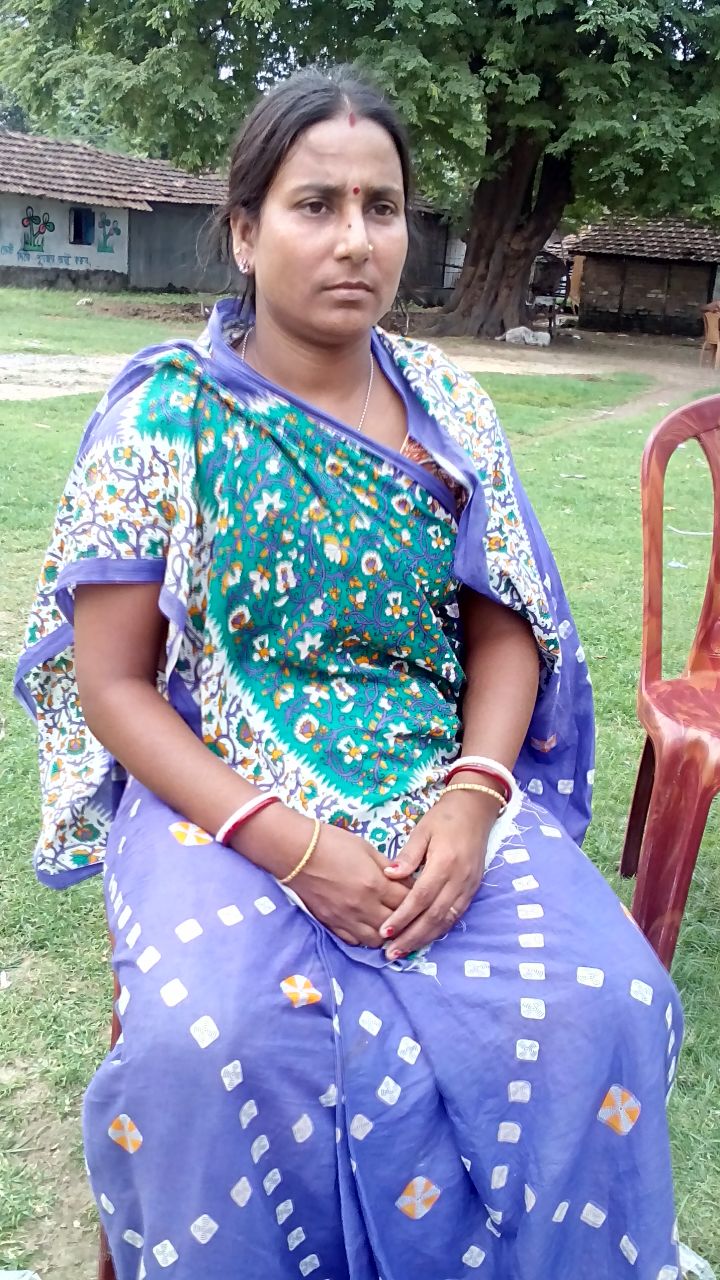
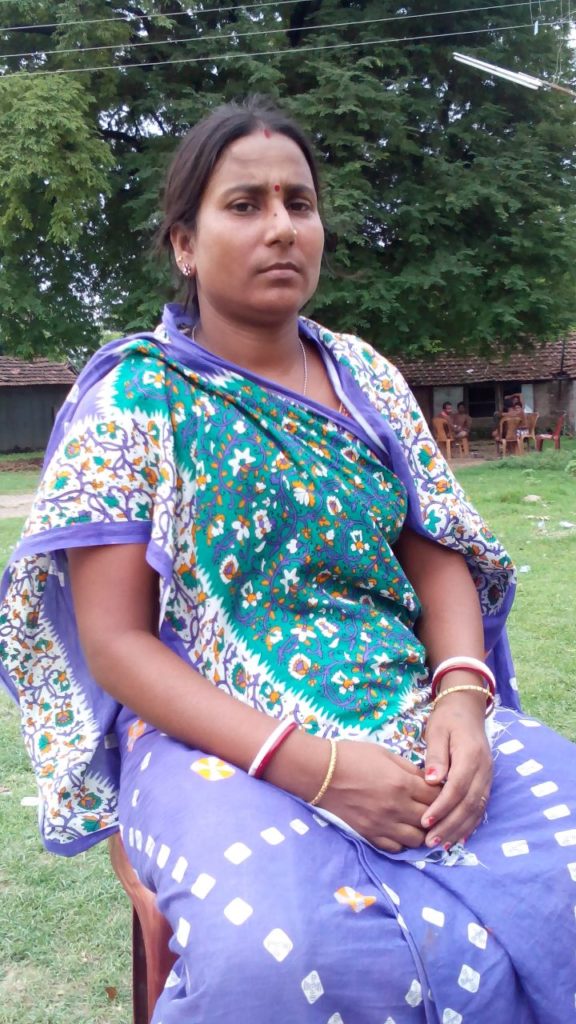
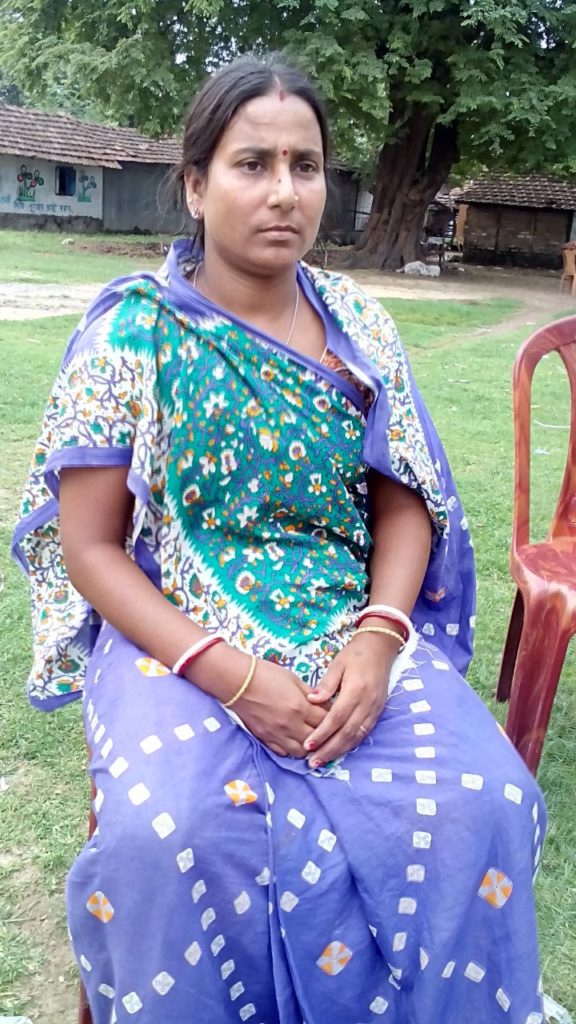
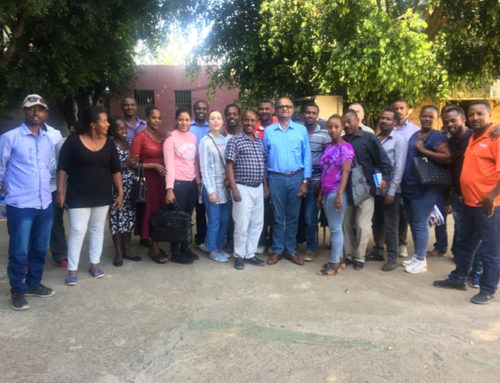

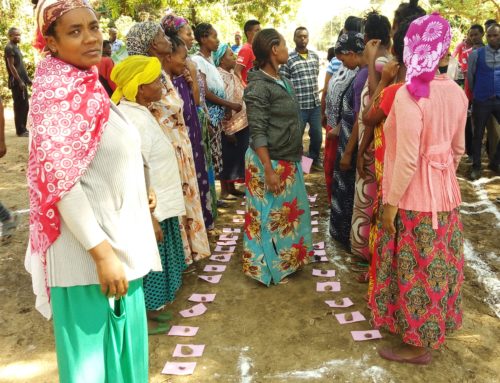
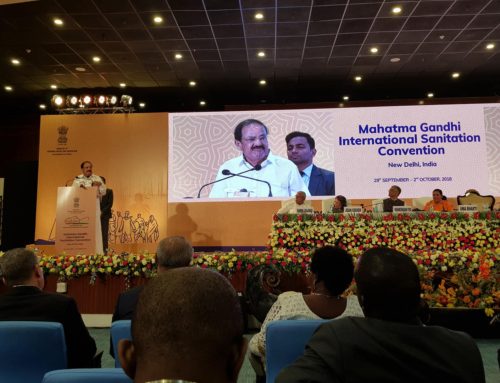
Leave A Comment